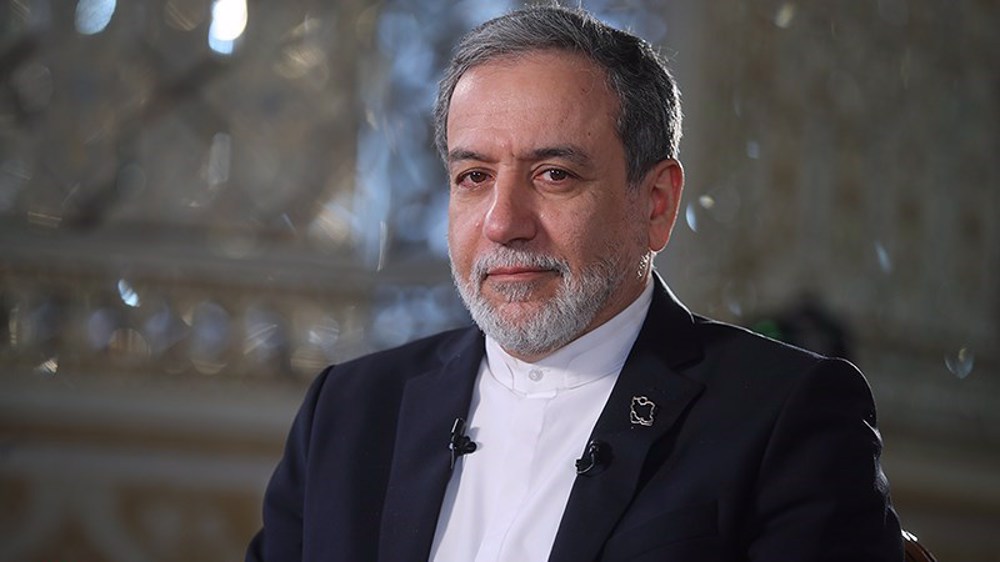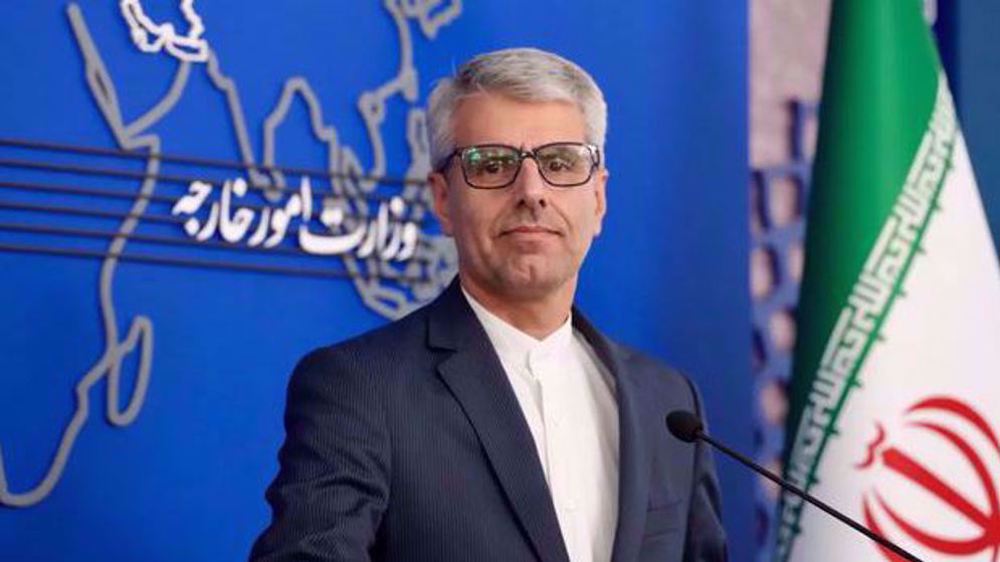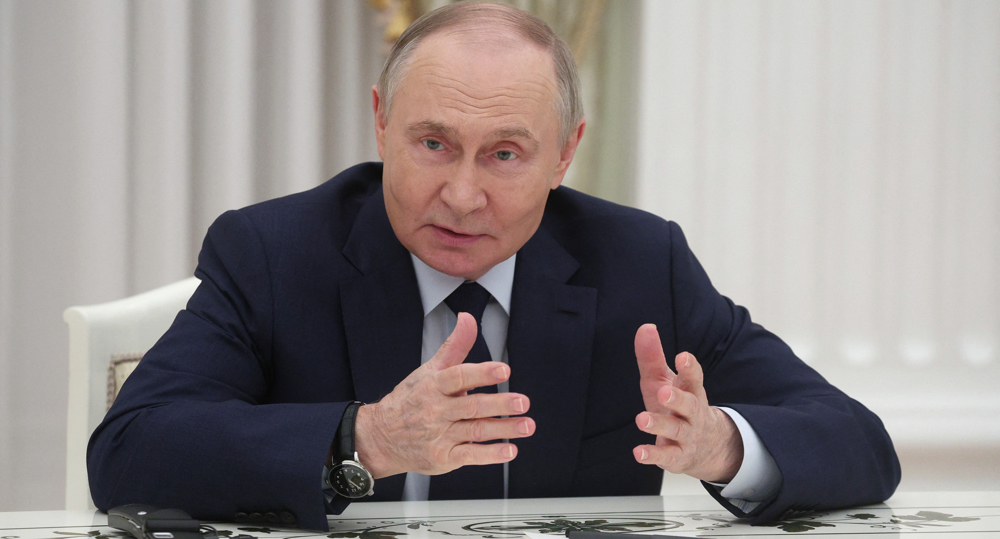Top Iran, Russia diplomats discuss JCPOA implementation
Senior Iranian and Russian officials have held talks about the landmark 2015 nuclear agreement reached between Iran and the P5+1 group of countries ahead of a scheduled meeting of the Joint Commission monitoring the implementation of the deal.
In a meeting between Iranian Deputy Foreign Minister for Legal and International Affairs Abbas Araqchi and Russian Deputy Foreign Minister Sergey Ryabkov in Tehran on Tuesday, the two sides discussed technical cooperation on civilian nuclear technology, particularity within the framework of the nuclear agreement, known as the Joint Comprehensive Plan of Action (JCPOA).
Araqchi reaffirmed Iran’s full compliance with the JCPOA and said the sustenance of the nuclear deal, as a multilateral international document, requires all sides’ complete fulfillment of their commitments.
“The continuation of the US's irresponsible approach to the JCPOA, particularly during the era of the country’s new ruling administration, which reflects the extremist and unilateralist stance of the United States of America on all international issues, is considered as disregard for the international community’s will and demand,” Araqchi said.
He emphasized that the P5+1 group of countries and all the UN countries must address such a destructive approach.
No replacement for JCPOA
The Russian diplomat, for his port, hailed Iran’s full commitment to its obligations under the JCPOA and said Moscow pursues a firm stance on the deal and believes that there is no replacement for it.
He also decried the US unilateral approach to international issues, particularly the JCPOA.

Ryabkov added that Iran and Russia have a common stance on many regional and international developments and expressed his country’s determination to play a constructive role in safeguarding the JCPOA.
Earlier in the day, Araqchi said a new meeting of the Iran-P5+1 Joint Commission would be held in the Austrian capital, Vienna, on July 21.
He added that failures on the part of the US to meet its commitments under the JCPOA would be among the issues on the agenda of the meeting.
Iran and the five permanent members of the United Nations Security Council - the United States, Britain, France, China and Russia - plus Germany signed the JCPOA on July 14, 2015 and started implementing it on January 16, 2016.
Under the agreement, limits were put on Iran’s nuclear activities in exchange for, among other things, the removal of all nuclear-related bans against the Islamic Republic.
The UN Security Council later unanimously endorsed a resolution that effectively turned the JCPOA into international law.
The administration of US President Donald Trump, which took over in January 2017, one year after the JCPOA came into force, has been skeptical of the deal, which was negotiated under his predecessor, Barack Obama.
During his presidential campaign, Trump described the nuclear accord with Iran as a “disaster” and vowed to unilaterally scrap it. While he has not carried out that threat, his administration is conducting a “review” to see whether the provision of sanctions relief to Iran - a US commitment under the deal - is in America’s “national interest.”

Iran’s FM warns of Israeli attempts to derail diplomacy through various tactics

Iran says expert-level talks with US postponed to Saturday

Russia's President Putin ratifies bill for strategic partnership with Iran
India downgrades ties with Pakistan after deadly Kashmir attack
Iran’s steel output up 3.7% y/y to 3.3 million mt in March
There is good chance that US and Iran can reach an agreement: Veteran diplomat
VIDEO | Yemen faces environmental crisis due to oil spill caused by US strike
Israeli forces murder minor, critically injure young Palestinian during West Bank raids
Yemen's president orders nationwide ban on all US products
France detains Iranian journalist amid crackdown on pro-Palestinian voices
VIDEO | Digital censorship amid aggression: Google disables Street View in West Bank







 This makes it easy to access the Press TV website
This makes it easy to access the Press TV website